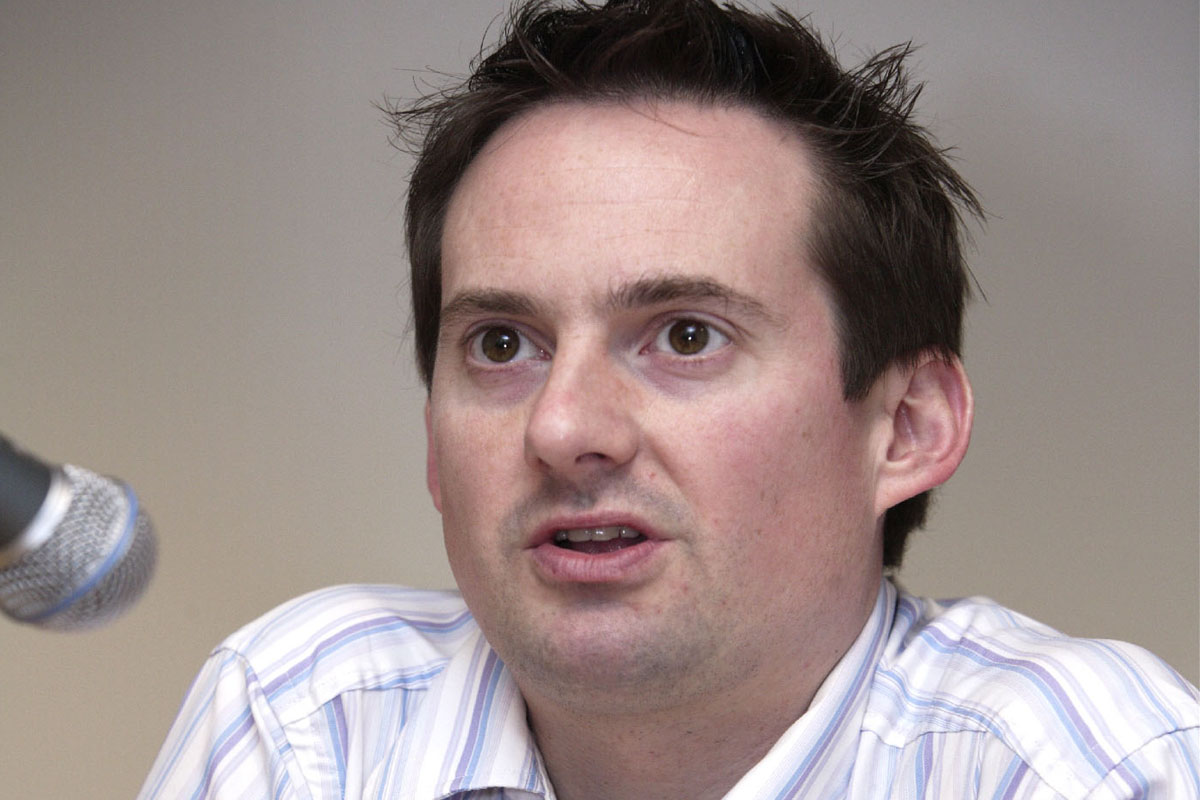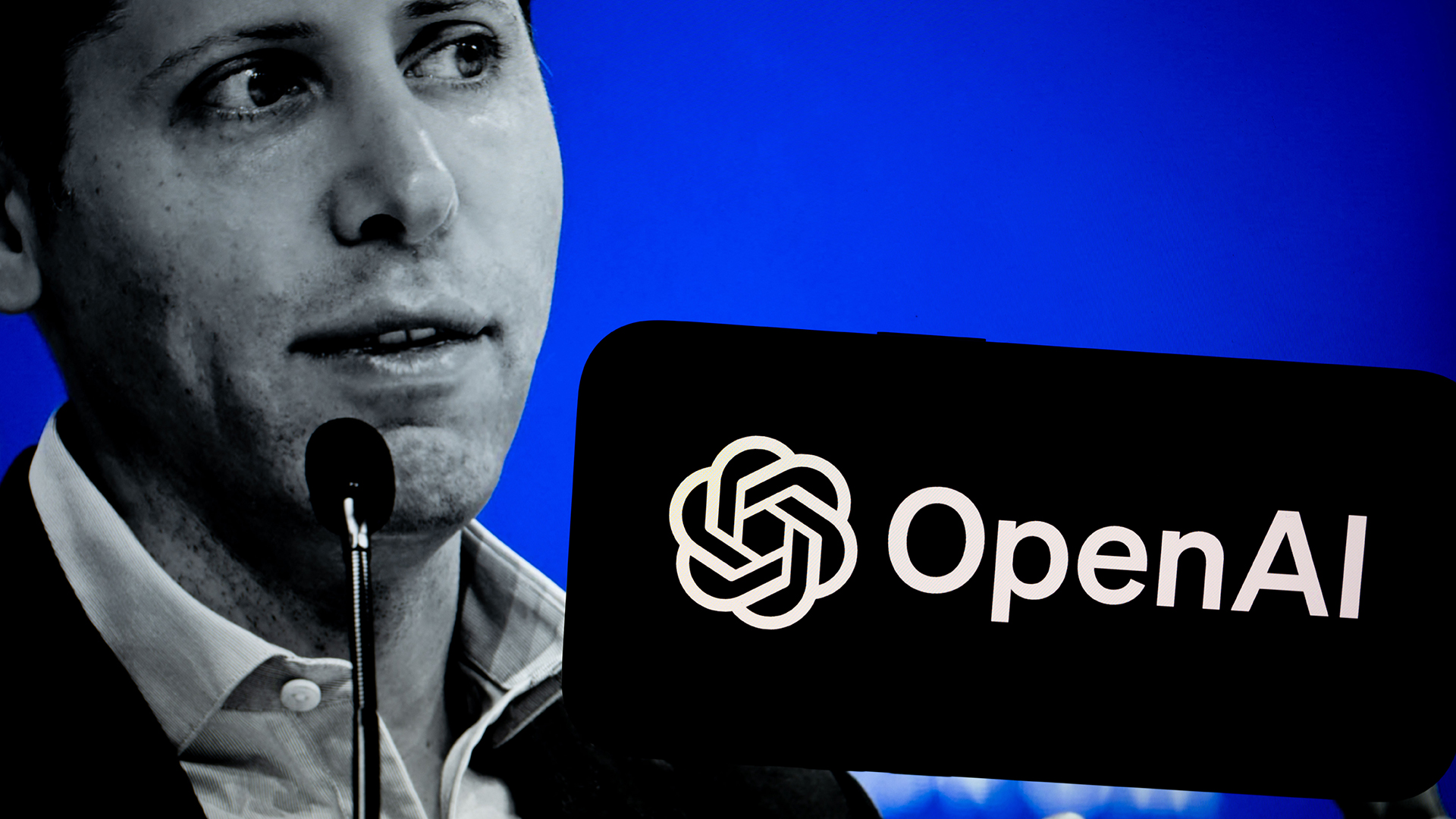Britain's digital fast lane: Osborne's broadband promise
In his last Budget before the election, Chancellor George Osborne promised 100mbps broadband for all. But is the goal achievable?

Inside the Enterprise: The digital economy now features regularly in Budgets and Autumn Statements.
In times of austerity, when there is little good news, politicians are keen to highlight sectors where there is some growth. And, for better or worse, the UK remains one of the world's leading digital economies.
But last year's Autumn Statement was criticised in some sectors for failing to pay enough attention to the technology sector, or to tap into its potential for growth. This week's Budget, though, went some way to make amends.
The Chancellor said that the Government will press ahead with its "Google Tax" on UK earnings by foreign firms. It is still planning to boost the technology sector outside London too Mr Osborne's "Northern powerhouse", with 11 million on hand to boost tech hubs and incubators in Leeds, Sheffield and Manchester.
The Government is also promising R&D investment in the Internet of Things and in "intelligent mobility."
The headline measure on technology, though, is surely the Chancellor's pledge to provide 100Mbps broadband across the UK.
The target is presented as a "national ambition", and as yet, is not matched by any new funding, or firm plans for action. Instead, the Government's Digital Communications Infrastructure Strategy maps out how it plans to help roll out "ultrafast", 100Mbps broadband to "nearly all UK premises". Superfast broadband 24Mbps or better should reach 95 per cent of UK premises by 2017.
Sign up today and you will receive a free copy of our Future Focus 2025 report - the leading guidance on AI, cybersecurity and other IT challenges as per 700+ senior executives
Analysts point out that the existing "superfast" scheme is already a year behind schedule. And supporting the roll out of ultrafast connections, whilst laudable and technically possible, could be addressing the wrong set of problems.
According to Scott Cairns, CTO at T-Systems, a business telecoms and technology provider owned by Deutsche Telekom, headline speeds for broadband are no longer the real issue. "What throttles our digital experience now is not the top speed, but contention ratios," he said.
Cairns and other industry observers argue that contention ratios or the number of users sharing a broadband "pipe" severely limits the actual speeds that users experience. The maximum broadband capacity of any connection is divided by the number of businesses or households using it at any one time, which leads to new bottlenecks.
When ISPs ran mostly ADSL lines, connections had fixed contention ratios at the exchange. These were typically 20:1 for business users, and 50:1 for residential connections. At busy times, connections for all users would slow.
The situation is a little different with fibre networks. BT points out that its business fibre network, Infinity, no longer has fixed contention ratios. Instead, BT says it contends the network nationally. Other providers work in a similar way. But that, as experts such as T-Systems' Cairns points out, means that broadband subscribers have no way of knowing the actual speeds they will enjoy.
But a greater hurdle still will be a commercial one. Government encouragement or even subsidy can help networks to increase speeds. But on its own, it does little to change the pricing for faster connections. Consumers and businesses will only upgrade if the price of high-speed fibre comes down. And that will be down to competition, rather than the Chancellor.
Stephen Pritchard is a contributing editor at IT Pro.
-
 2025 marked the beginning of the end for OpenAI
2025 marked the beginning of the end for OpenAIOpinion OpenAI has its fingers in too many pies and it’s rapidly losing favor with consumers and enterprises alike
-
 The changing role of the MSP: What does this mean for security?
The changing role of the MSP: What does this mean for security?Industry Insights Smaller businesses are more reliant on MSP support, but this also puts providers under increased scrutiny...
-
 UK’s ‘Tech Prosperity Deal' with US hits rocky ground
UK’s ‘Tech Prosperity Deal' with US hits rocky groundNews The US has reportedly threatened to pull out of the deal over the Digital Services Tax and broader economic disagreements
-
 UK government to fund regional tech programs up to £20m
UK government to fund regional tech programs up to £20mnews Local and regional partnerships invited to bid for support for established or developing projects
-
 ‘A major step forward’: Keir Starmer’s £187 million tech skills drive welcomed by UK industry
‘A major step forward’: Keir Starmer’s £187 million tech skills drive welcomed by UK industryNews The ‘TechFirst’ program aims to shore up the UK’s digital skills to meet future AI needs
-
 Government’s ‘Humphrey’ AI tool helps local authorities cut costs
Government’s ‘Humphrey’ AI tool helps local authorities cut costsNews The Minute tool, part of the Humphrey AI assistant, is being trialled at 25 councils
-
 The UK government hopes AI will supercharge public sector digital transformation – IT leaders aren’t so sure
The UK government hopes AI will supercharge public sector digital transformation – IT leaders aren’t so sureNews Research from SolarWinds shows public sector transformation is progressing at a snail's pace despite IT leaders pushing for rapid improvements.
-
 Starmer bets big on AI to unlock public sector savings
Starmer bets big on AI to unlock public sector savingsNews AI adoption could be a major boon for the UK and save taxpayers billions, according to prime minister Keir Starmer.
-
 UK government targets ‘startup’ mindset in AI funding overhaul
UK government targets ‘startup’ mindset in AI funding overhaulNews Public sector AI funding will be overhauled in the UK in a bid to simplify processes and push more projects into development.
-
 UK government signs up Anthropic to improve public services
UK government signs up Anthropic to improve public servicesNews The UK government has signed a memorandum of understanding with Anthropic to explore how the company's Claude AI assistant could be used to improve access to public services.